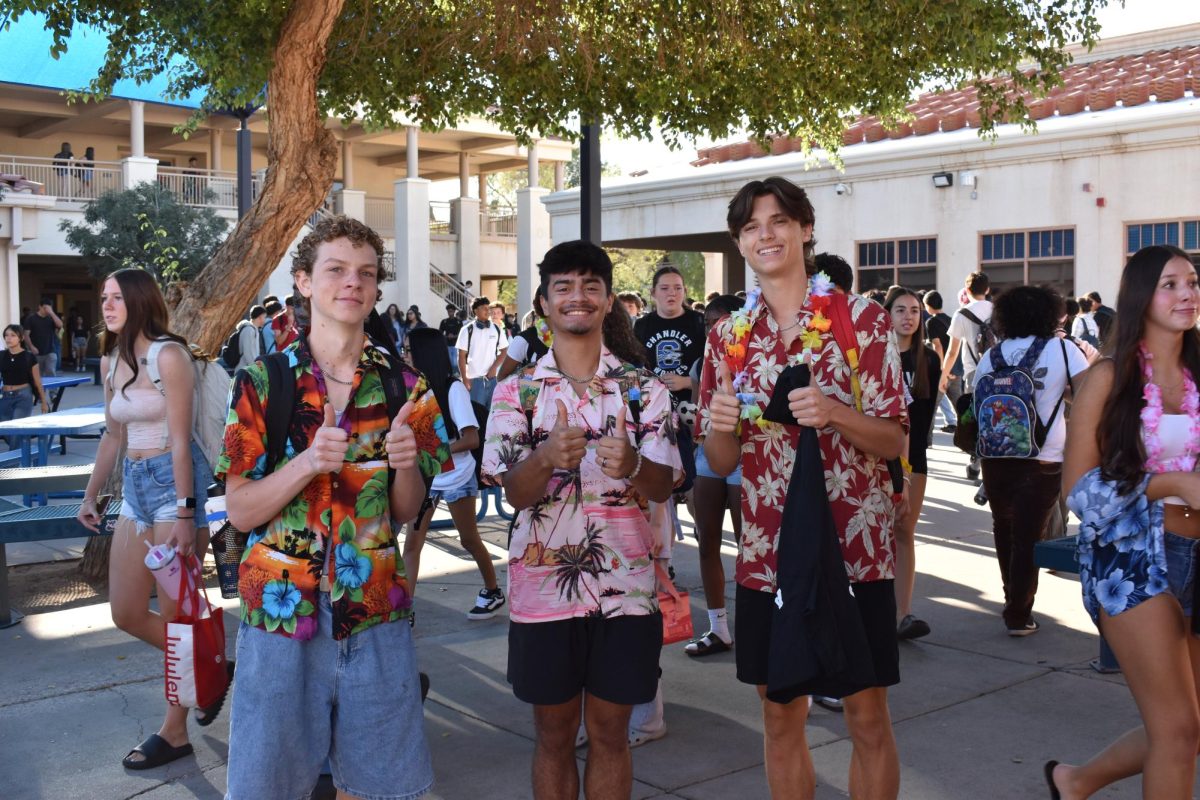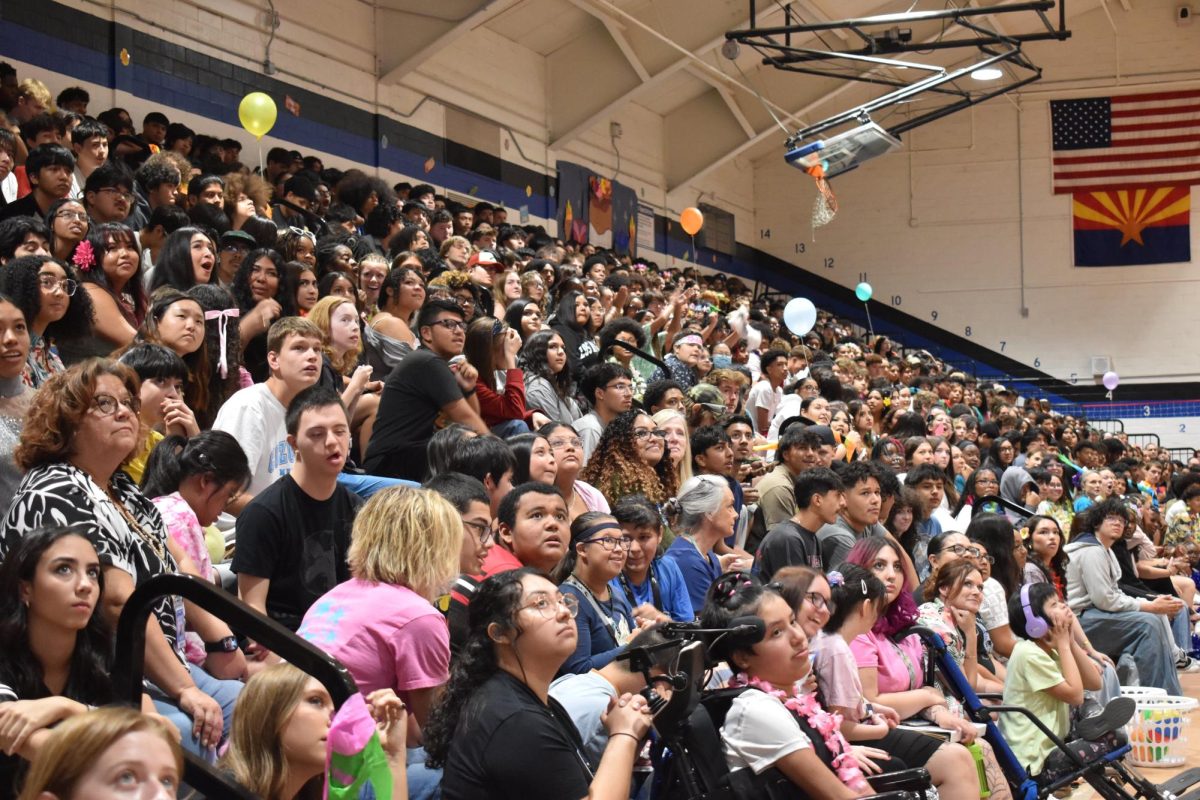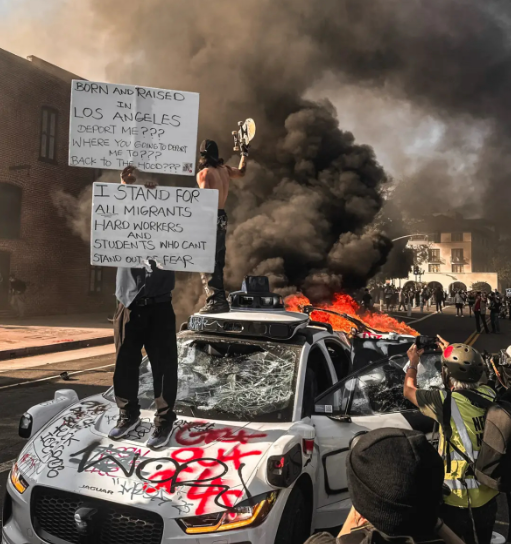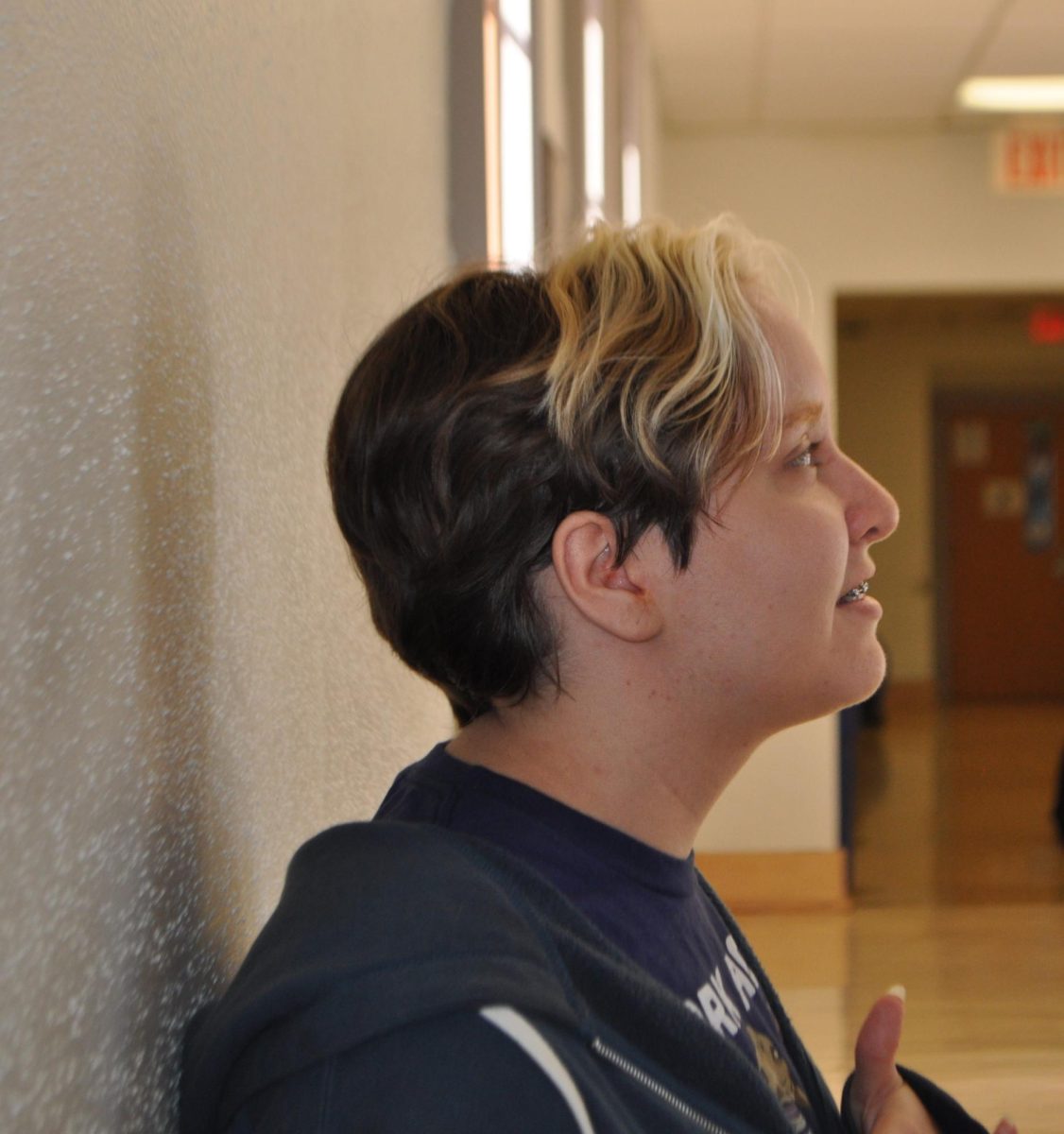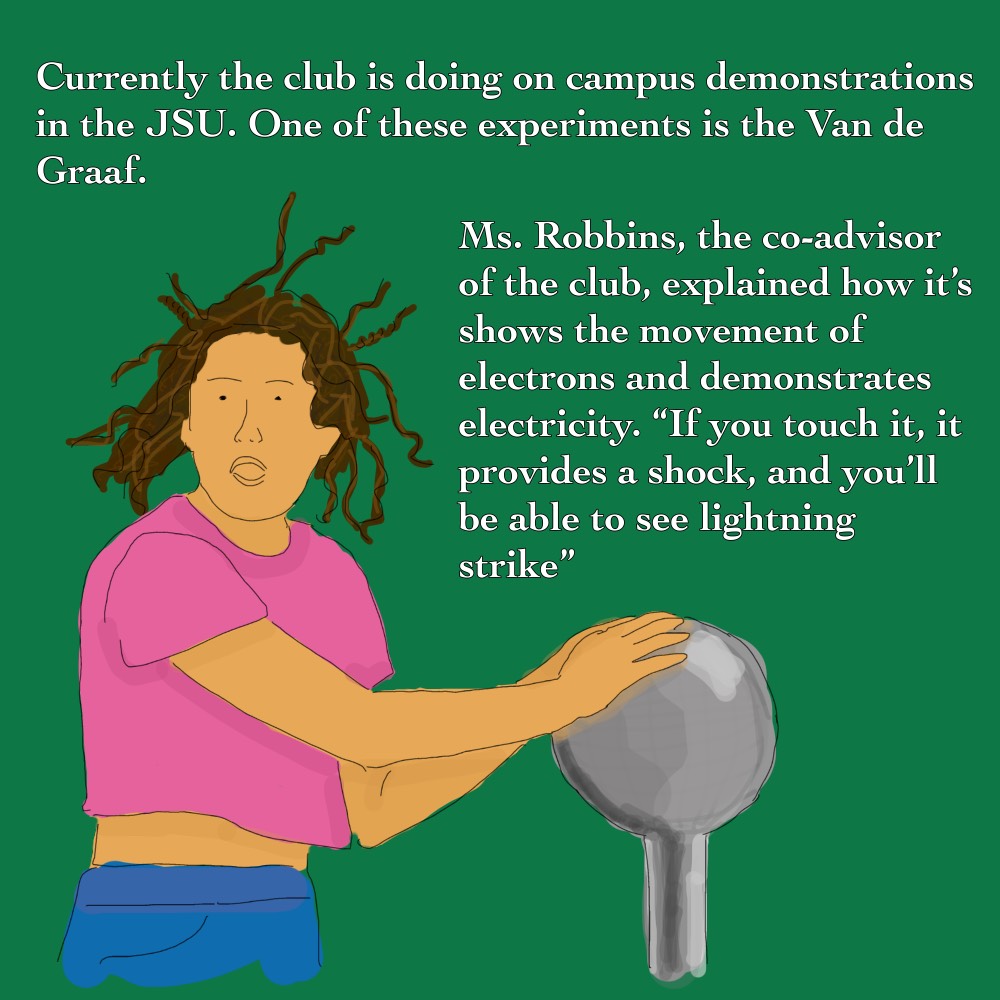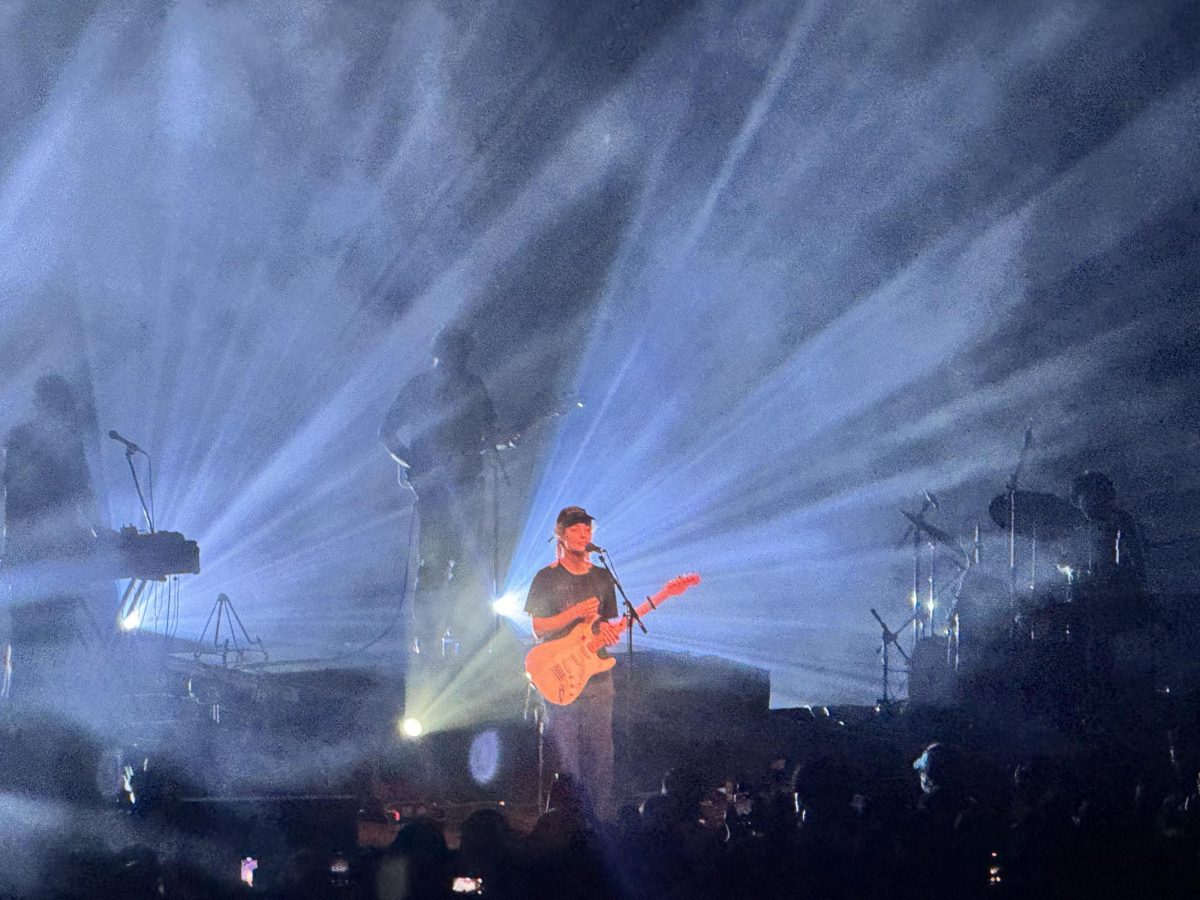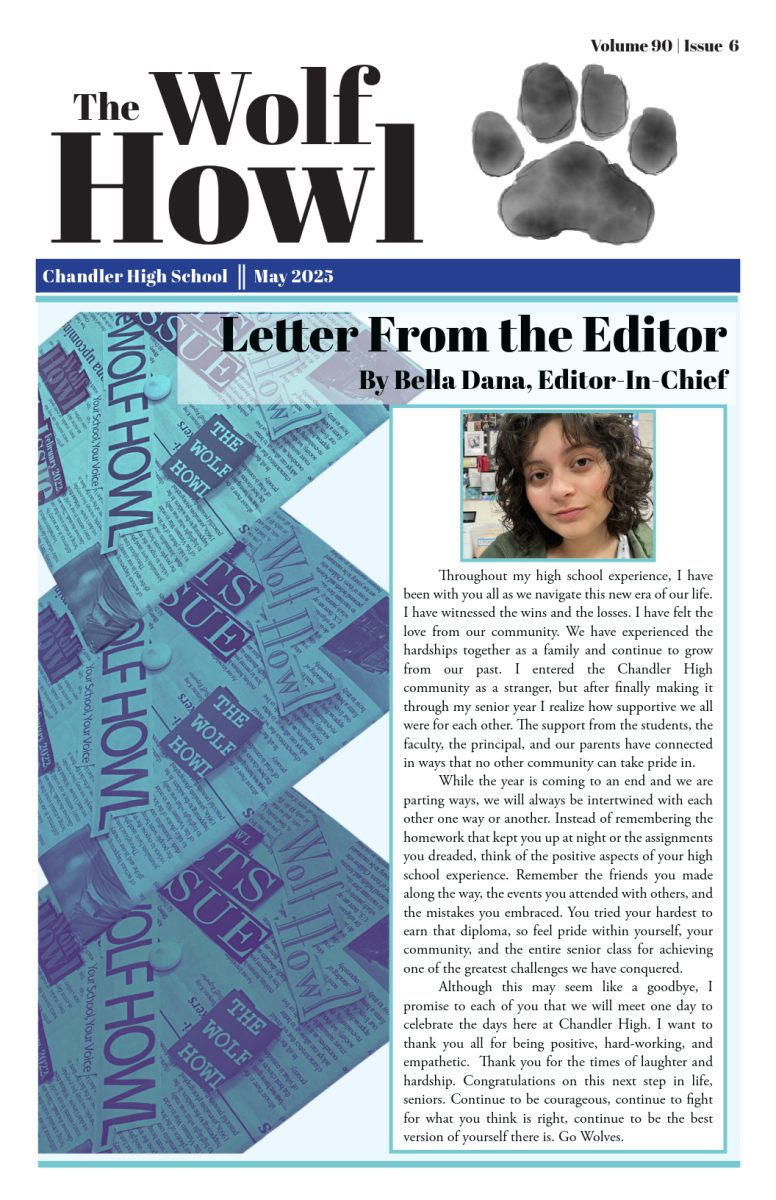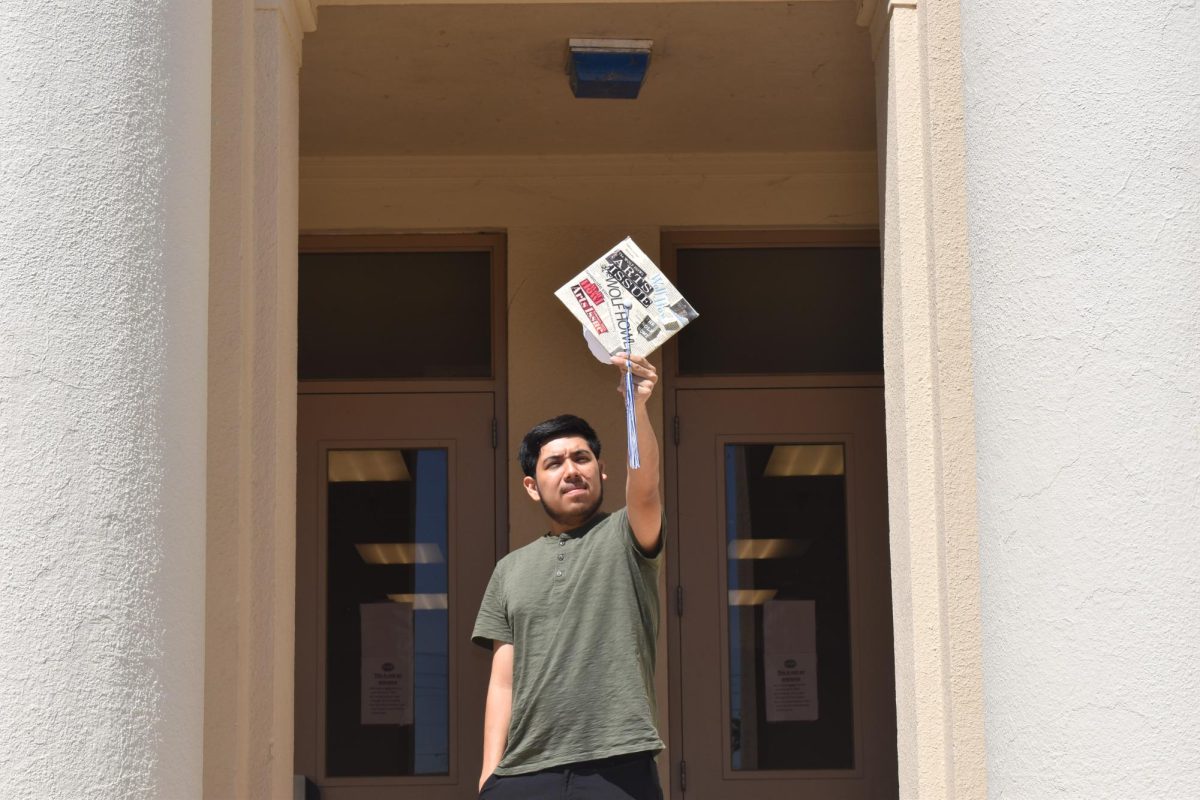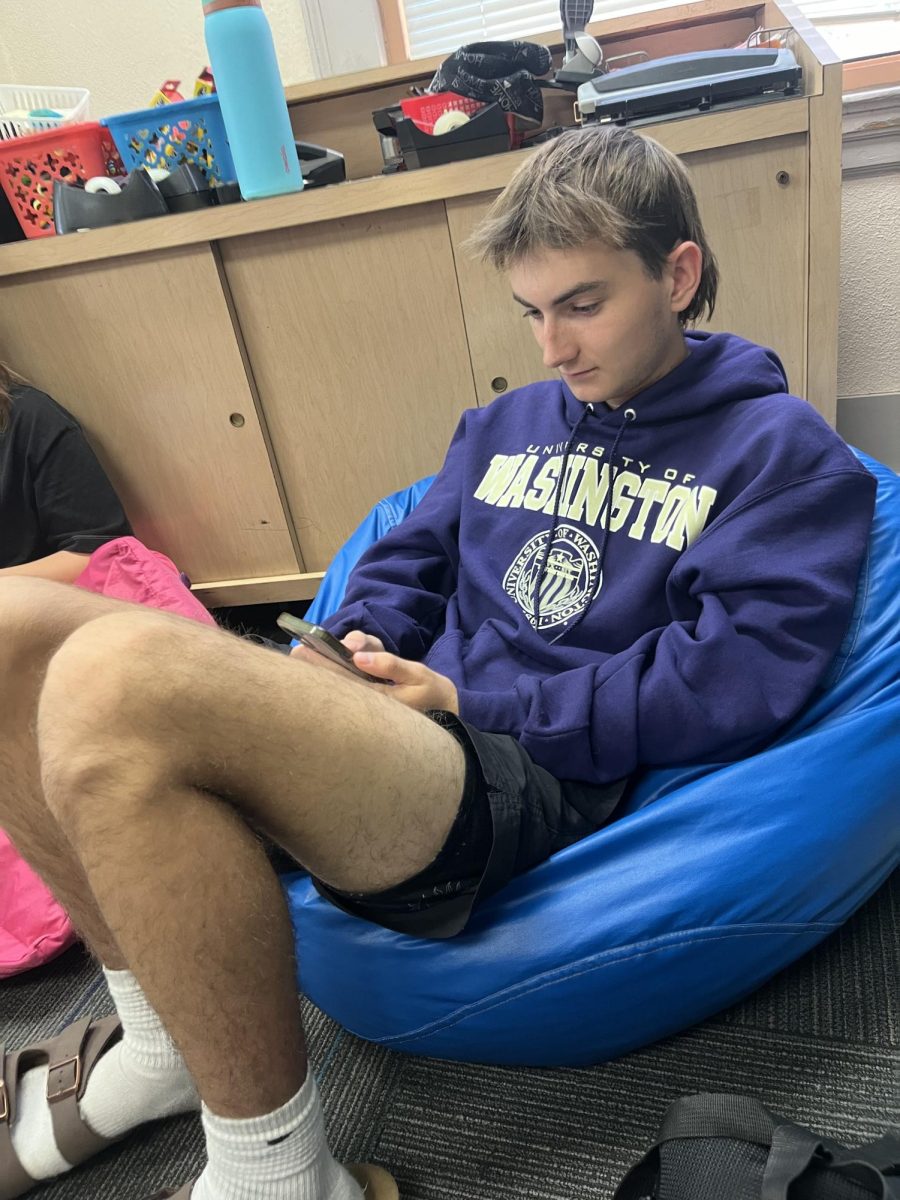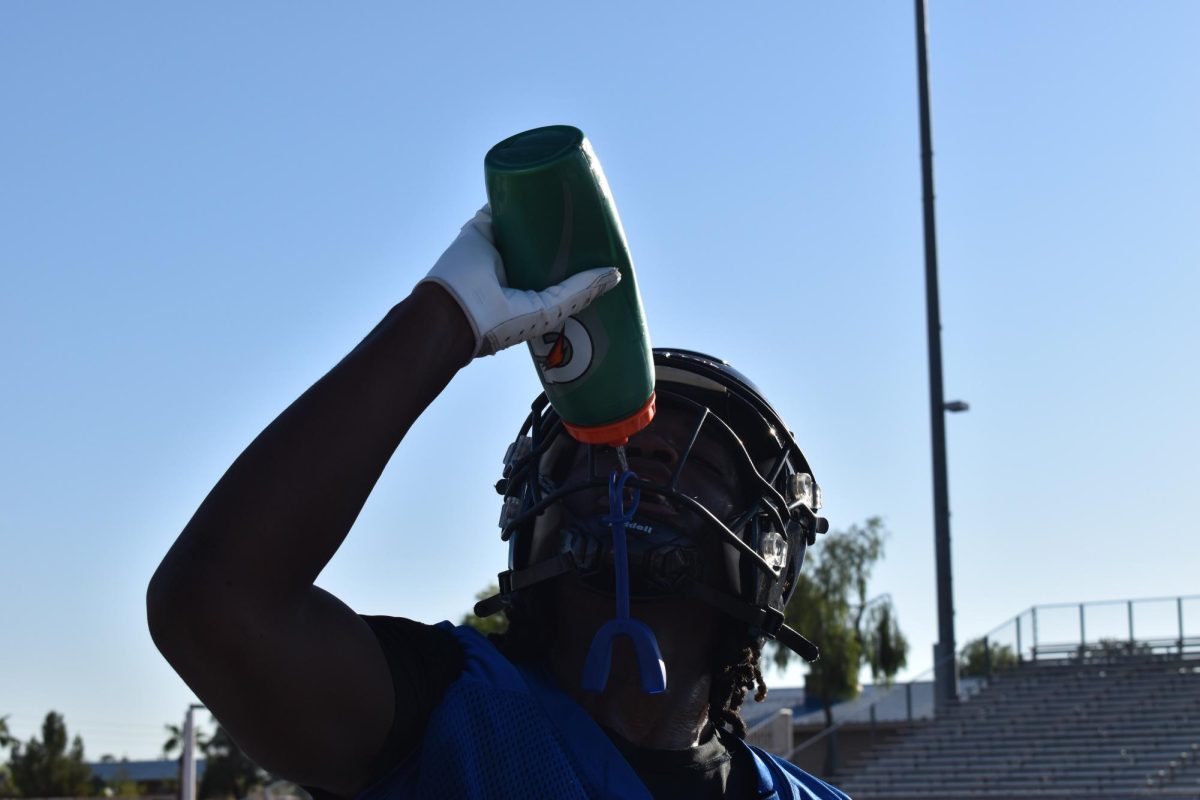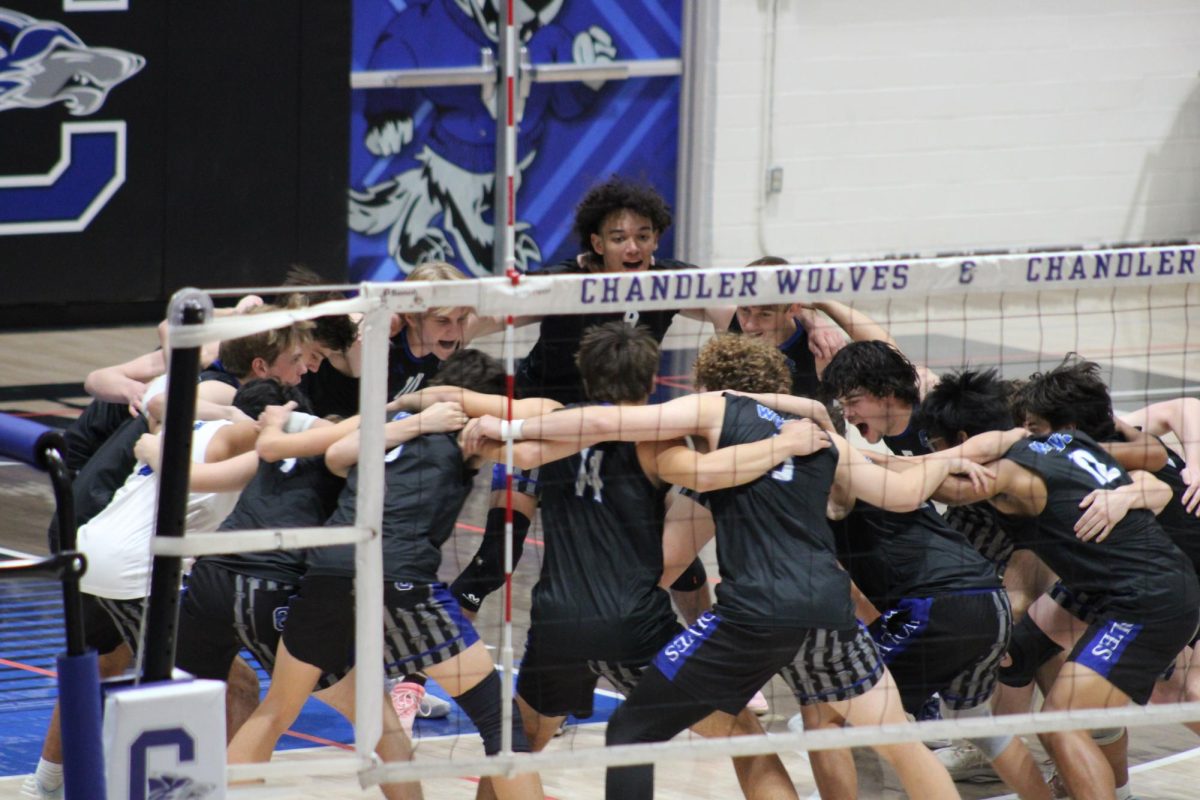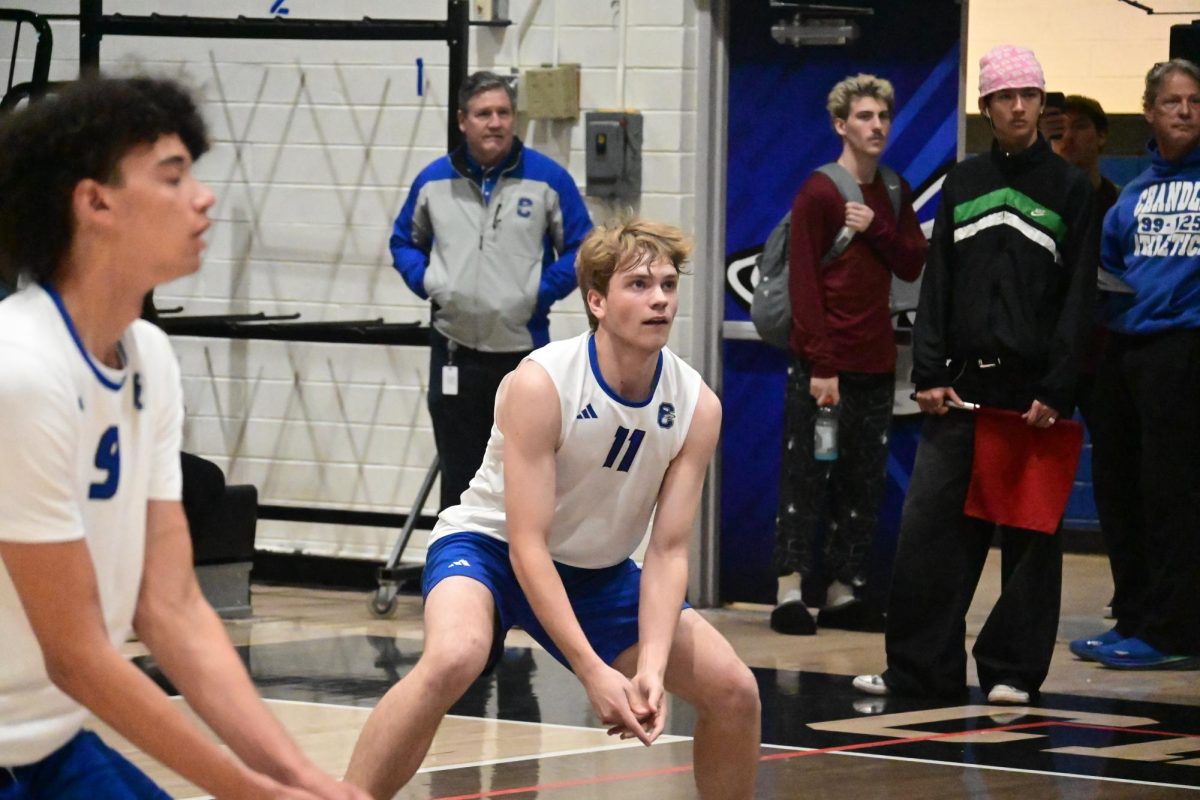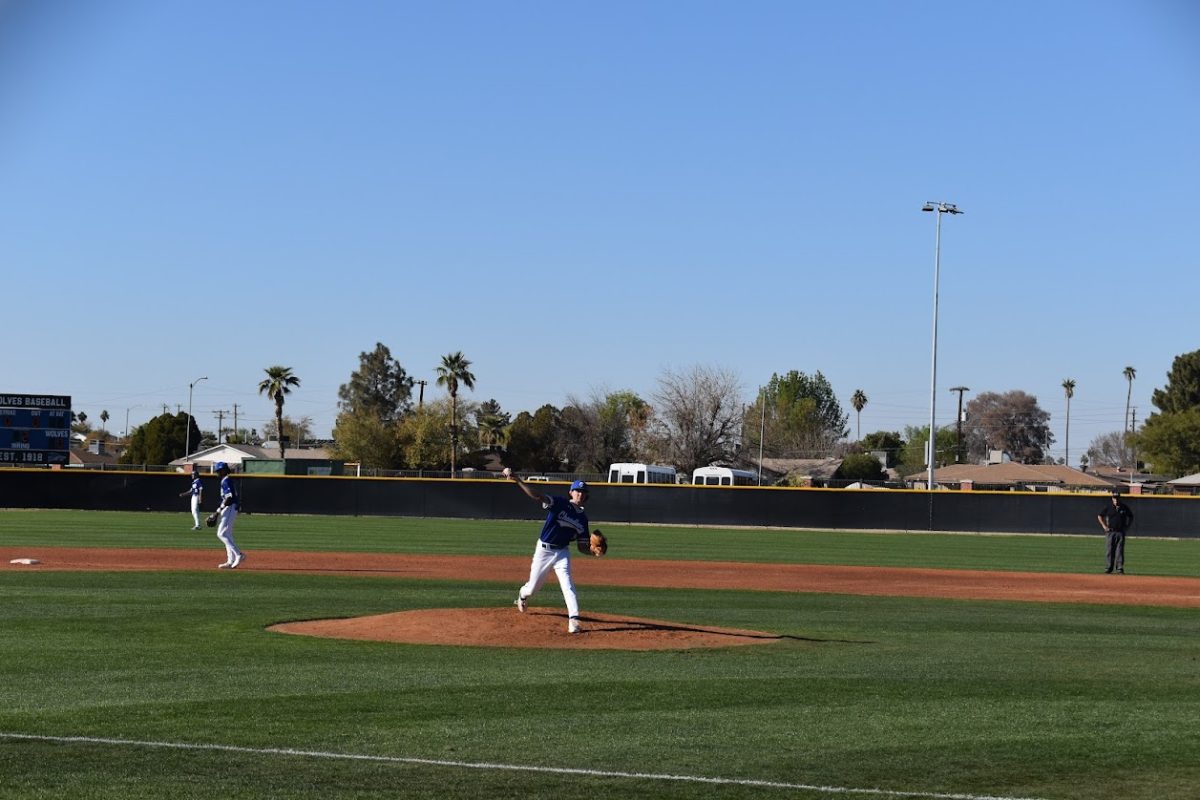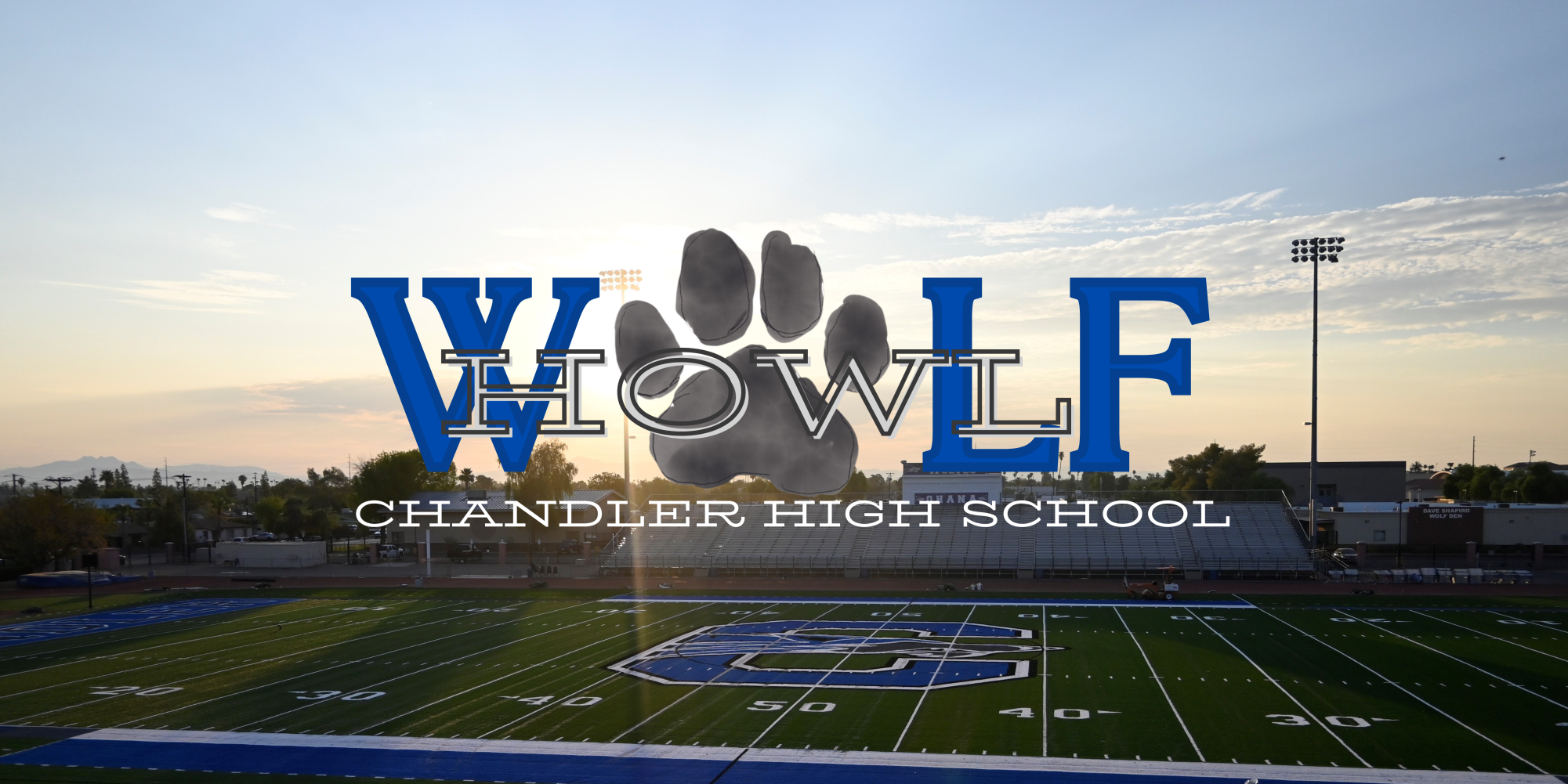Generation Z is one of the youngest generations that exist today, an age category that I fall in. Gen. Z’s age range typically spans from 1997 to 2012. Individuals like me from Gen Z acquired easy access to all kinds of technology at a very young age; because of this, we can obtain information by using the tip of our fingers. Given the age range, the oldest members of Gen Z have recently shifted into young adulthood. This information means that these young adults possess the legal ability to vote in the United States.
Gaining the right to vote is a milestone for every US citizen. However, it is no doubt that this upcoming generation of voters will significantly impact future elections as no other generation has. Throughout the pandemic, many individuals from Gen. Z were limited to the use of technology, going nearly two years with minimal social interaction. For instance, many students had no choice but to convert to virtual learning for up to a year, perhaps even two. In my sophomore year, my family deemed it best for me to earn my high school credits from an online school program. I hardly interacted with other students around my age and never spent my leisure time enjoying the outdoors. Hence, I turned to social media apps like TikTok to entertain myself with relatable content.
Leading up to the 2020 presidential election, numerous TikTok users uploaded short videos that discussed recent social issues in the US, often offering their political opinions to their viewers. At the moment, left-leaning ideas had become extremely popular among Gen. Z as TikTok notably contributed to their growing interest in US politics. Although many Gen. Z members could not participate in this election, they still managed to remarkably impact others by advocating the “Vote for Blue” movement in various TikTok videos (TikTok Search).
The presidential election may have shown other generations that the majority of Gen. Z greatly supports the Democratic Party, but that is technically not the case. According to The American Group (a political website consisting of nonpartisan journalists), “Voting patterns and polling data shows that young voters are much less likely to identify with either the Republican or Democratic Party, and cite individual issues and ideology as being more important to them”. Gen. Z has shown their disapproval of the current two-party system that the US has abided by since the government’s establishment. We have witnessed too many accounts that are rooted in the extreme political division in the US, and nothing will change unless we abandon the two-party system.
Undeniably, American adolescents hold a growing power in politics despite not being old enough to vote yet. Chandler High 11th-grade student Kai Lake explains, “I think I’m quite excited for Gen Z to start voting because they’re really well known on their facts and they really do care a lot about them [politics].”
Older generations still have a significant role in the voting system, but this may change throughout the upcoming decade: Gen. Z’s modern ideals will vastly sweep the US government once the remaining members reach voting age. Within one night, the conservative initiatives implemented for decades will soon disappear as our generation will replace them with ideas stemming from Independents.
As a member of the most diverse generation, I can confirm that older generations regularly criticize us: they might view us as unmotivated, sensitive, and ungrateful. However, Gen. Z members are commonly known for their sensitivity towards others and social issues (Black Lives Matter, climate change, reproductive rights, etc.). We will soon hold political power by shifting American politics in a way no one has witnessed. As many would concur, we are a generation that strives for our voices to be heard; Gen-Z is fulfilled with change-makers.

